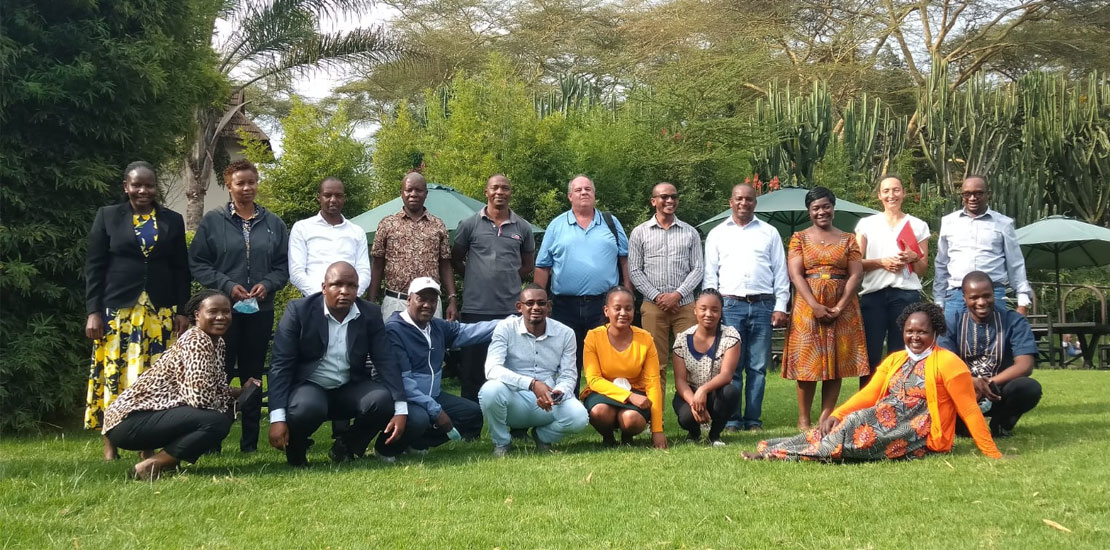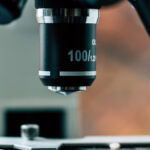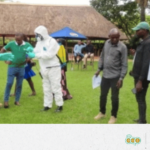Development of Good Practice Guide on Avocado
- 15/12/2021
- Posted by: Gaetan Dermien
- Category: Avocados, Kenya, News

The Kenyan avocado sector
Kenya is one of the fastest growing fresh produce exporters in the world – and avocado is the world’s fastest growing fruit in popularity. Global avocado production increased by 72% in the past 10 years (FAOSTAT). In 2019, Kenya produced an estimated 365,000 metric tonnes of avocado, which represents a 100% increase compared to 2016 (FAOSTAT). The majority of Kenyan avocados are grown by small-scale farmers who each manage 10–200 trees. Kenyan export volumes of avocados have increased from 46,682 tons in 2016 to 79,081 tons (69% increase) in 2020 (ITC Trade Map).
The avocado is a climacteric fruit (it matures on the tree), but it ripens off the tree. It is picked hard and green and kept at cooler temperatures until it reaches its destination. Care of the avocado on the tree, during picking and off the tree is equally critical to the export supply chain. Generally, the fruit is picked once it reaches maturity. Once picked, it ripens in 1–2 weeks at room temperature.
Considerable losses occur along the whole supply chain due to pre- and post-harvest disorders and handling. Activities such as handling, storage, processing, packaging, transportation and marketing all contribute to these losses. The causes are, among others, limited resources such as infrastructure, knowledge, and access to post-harvest technologies. Efficient supply chain management plays a crucial role in decreasing post-harvest losses and improving the reputation of Kenyan avocados on the international markets.
According to the Avocado Society of Kenya (ASOK), Kenyan growers and exporters are working on quality and increasing market share, although they observe relatively low prices per unit of avocado produced compared to other exporting countries.
Developing the Good Practice Guide for Avocado
To improve the competitiveness and homogeneity of Kenyan avocado production and exports, the EU-funded NExT Kenya programme is supporting the development of a Good Practice Guide for Avocado. The guide, which is being developed under the umbrella of the National Horticultural Taskforce, will be used by value chain actors to improve and harmonise practices in order to comply with sanitary, phytosanitary (SPS) and market requirements of external markets.
The importance of avocado for the Kenyan horticultural industry was reflected in a well attended event in May 2021 to launch the process of developing the Good Practice Guide and the selection of stakeholders for the Steering Committee and Technical Working Group.
A first review of the draft Good Practice Guide for Avocado took place in September 2021 in a residential workshop for the Technical Working Group. At least 22 group members from both public and private sectors took part. Government institutions and regulatory agencies that attended included the Kenya Plant Health Inspectorate Service (KEPHIS), Kenya Agricultural & Livestock Research Organization (KALRO), Horticultural Crops Directorate (HCD), Ministry of Agriculture, Livestock, Fisheries and Cooperatives, Pest Control Products Board (PCPB), and Kenyan exporting companies and business membership organisations (BMOs) including the Avocado Society of Kenya (ASOK), Fresh Produce Consortium of Kenya (FPC-Kenya), Fresh Produce Exporters Association of Kenya (FPEAK), the Avocado Exporters Association and the National Chamber of Commerce. The focus of the workshop was to review the draft guide, make recommendations for submission to the Steering Committee, and plan for a validation meeting with the avocado sector stakeholders.
NExT Kenya expects to present the final Good Practice Guide for industry validation before the start of the 2022 avocado season, during the first quarter of 2022. The support of the National Horticulture Taskforce and the Good Practice Guide are funded through NExT Kenya, a COLEACP programme funded by the European Union.
This activity is implemented by COLEACP and supported by the NExT Kenya (New Export Trade) programme, established in collaboration with the EU Delegation in Nairobi and Kenyan stakeholders.



